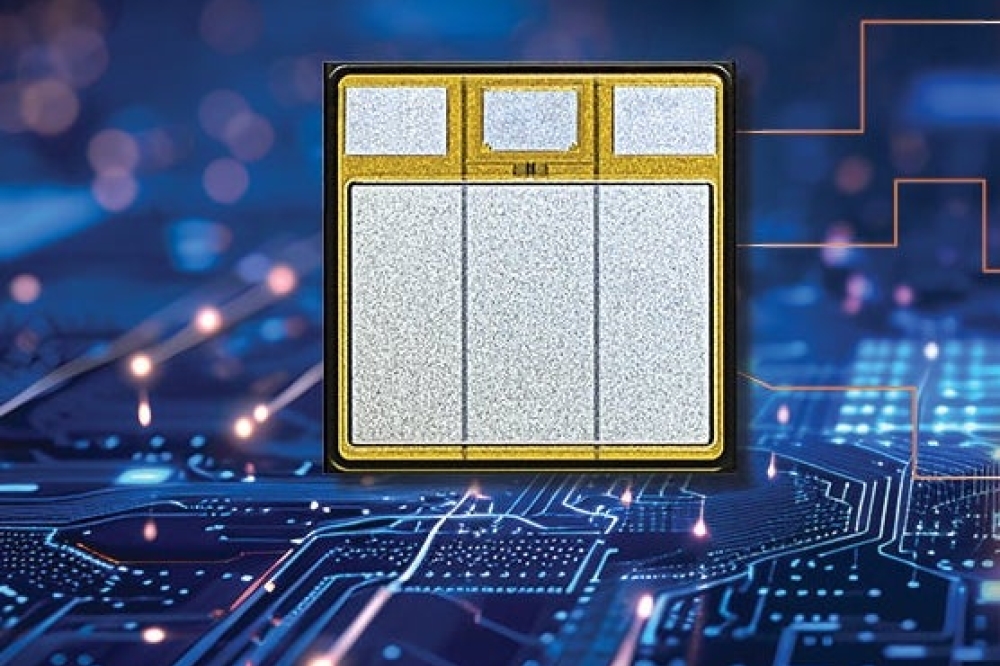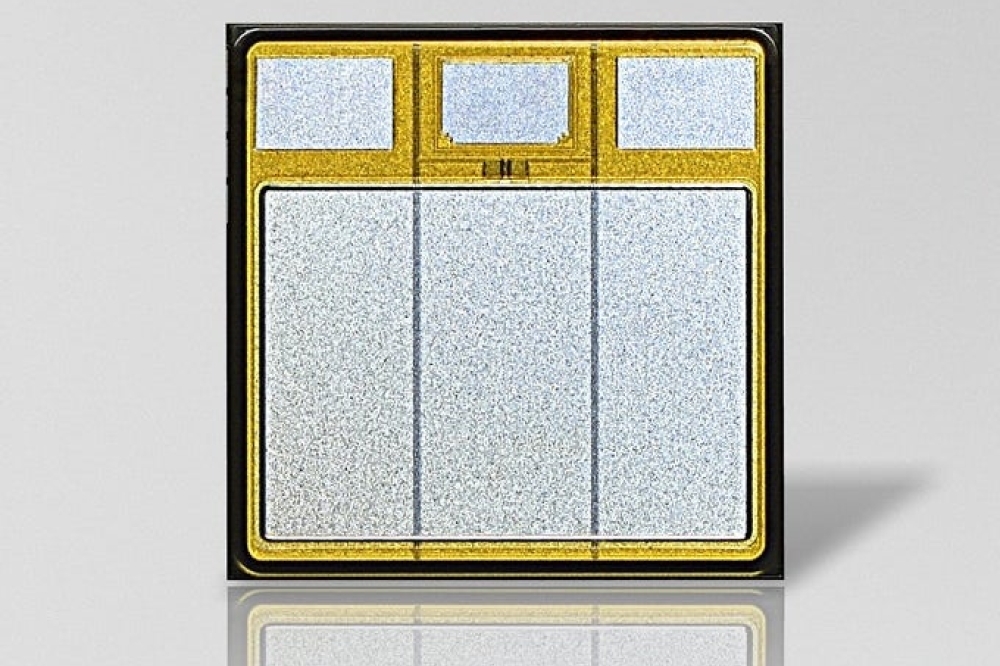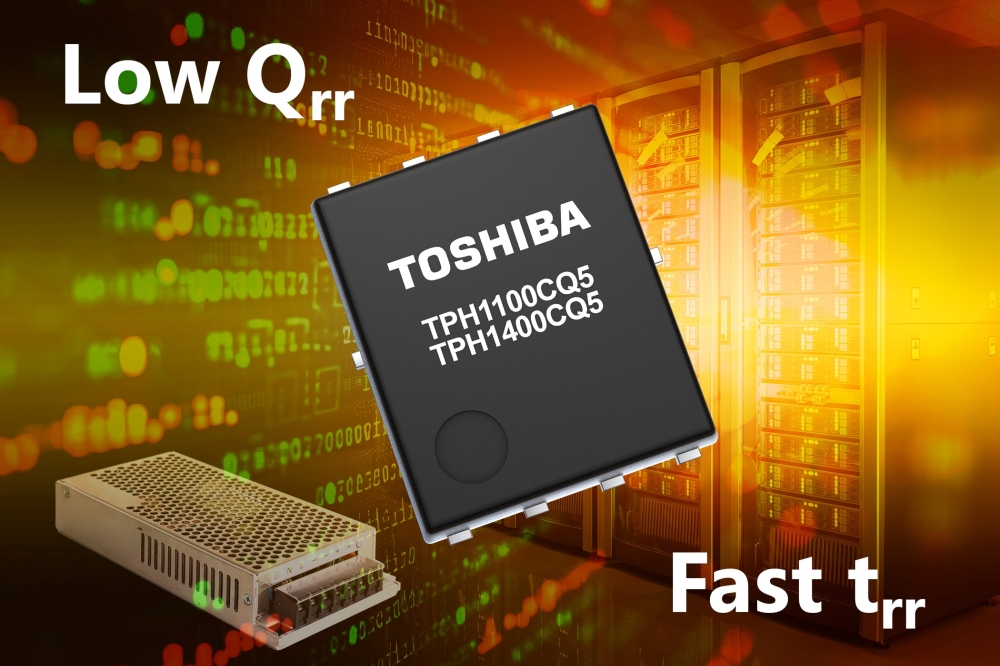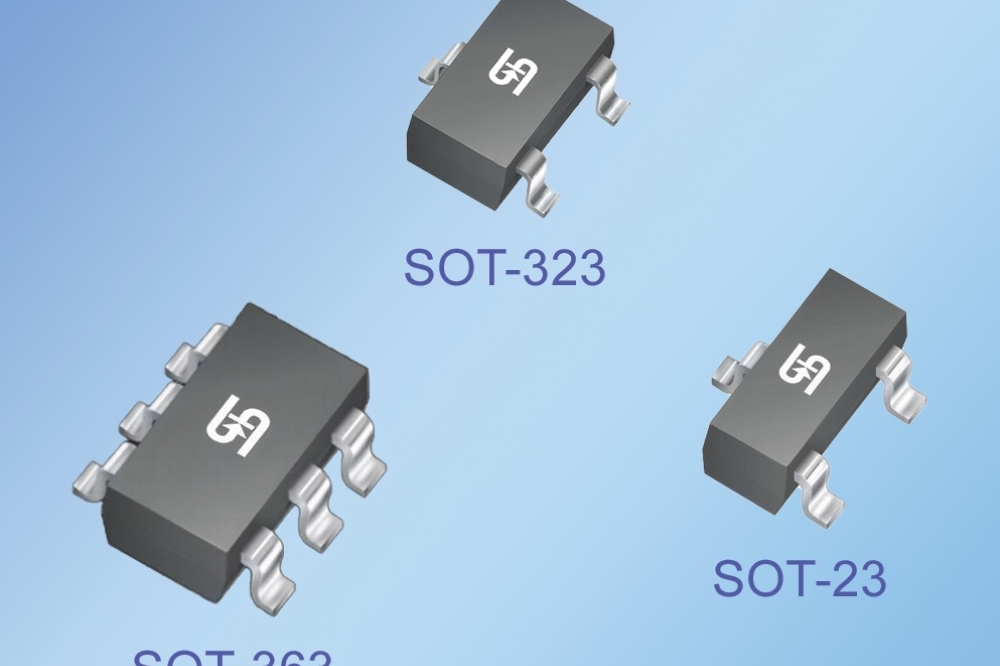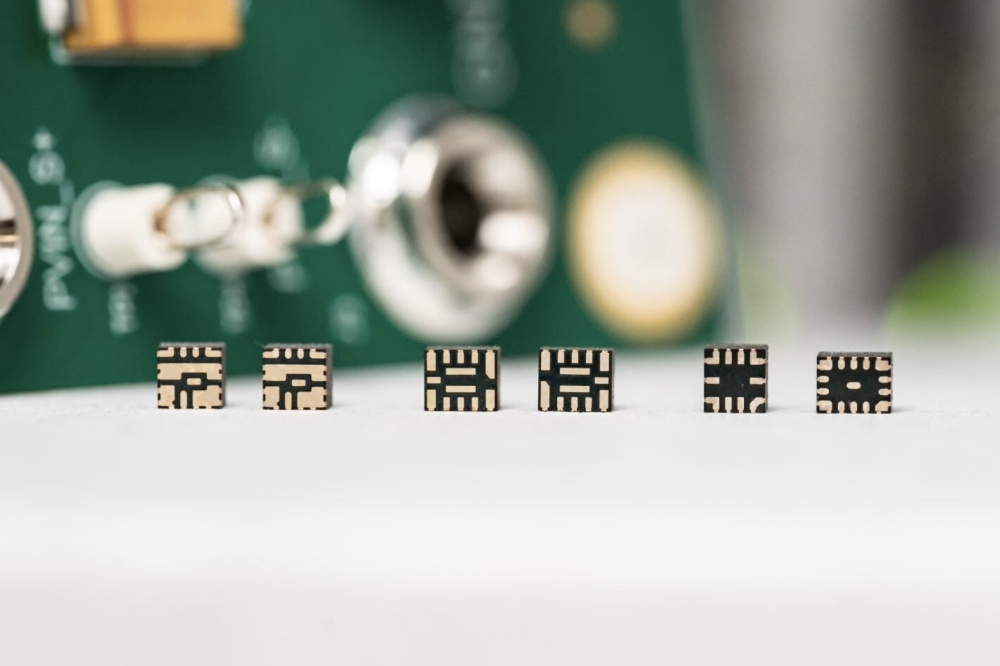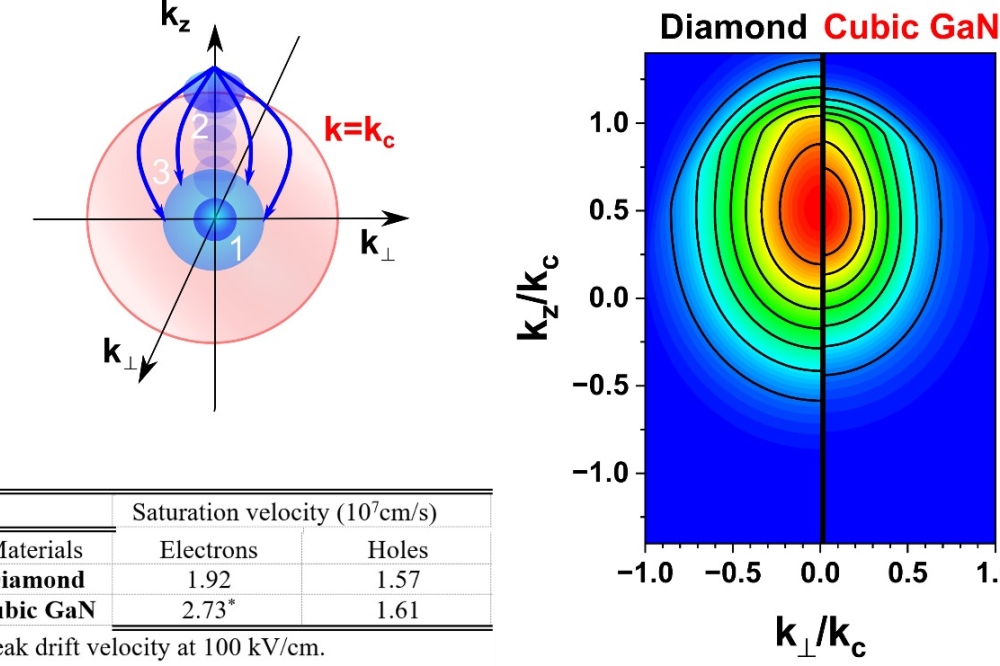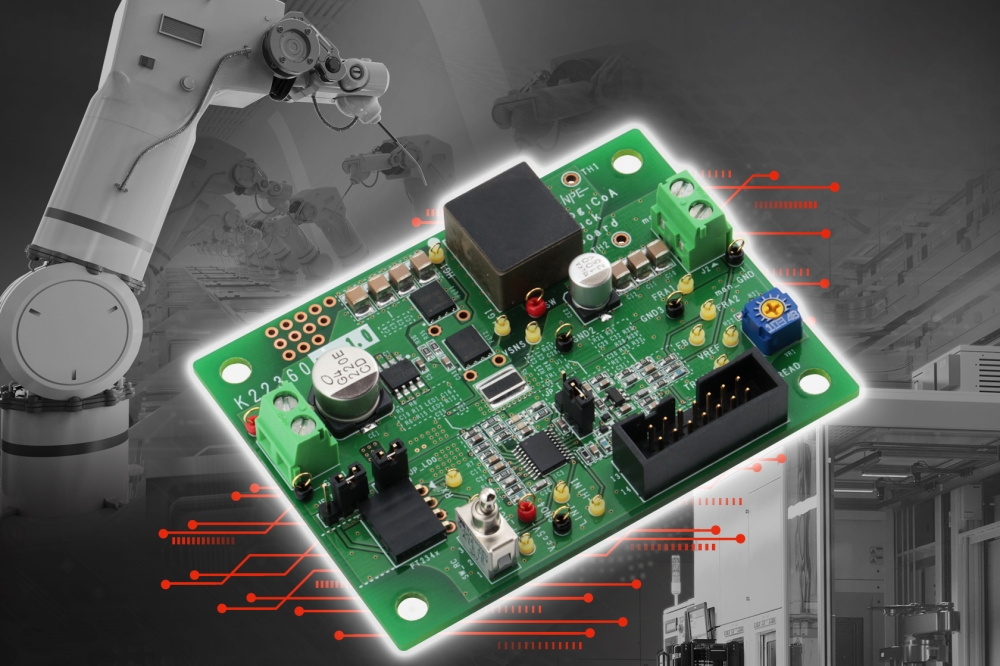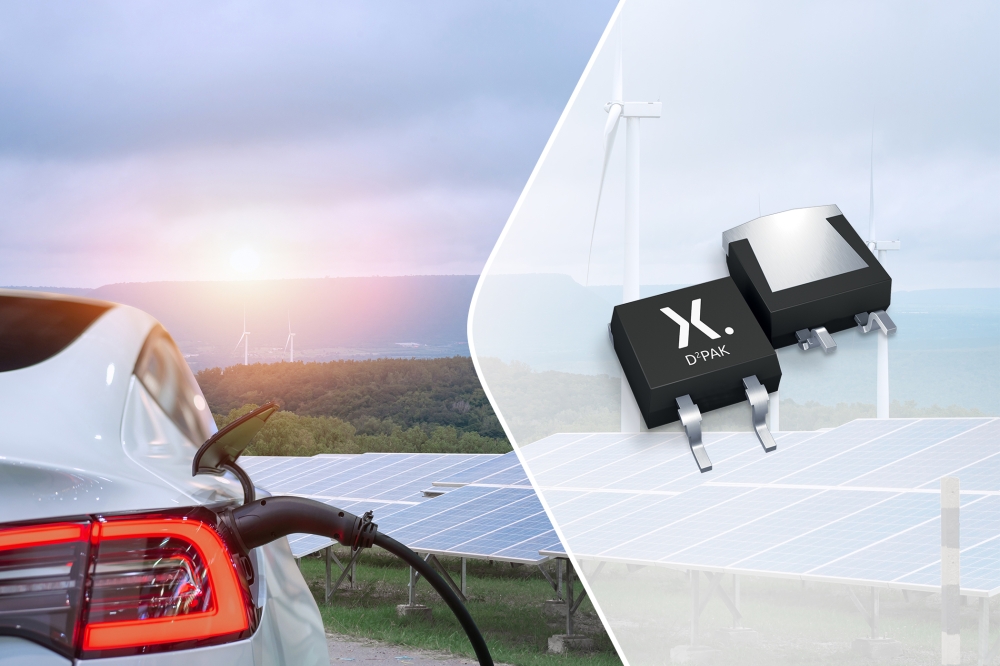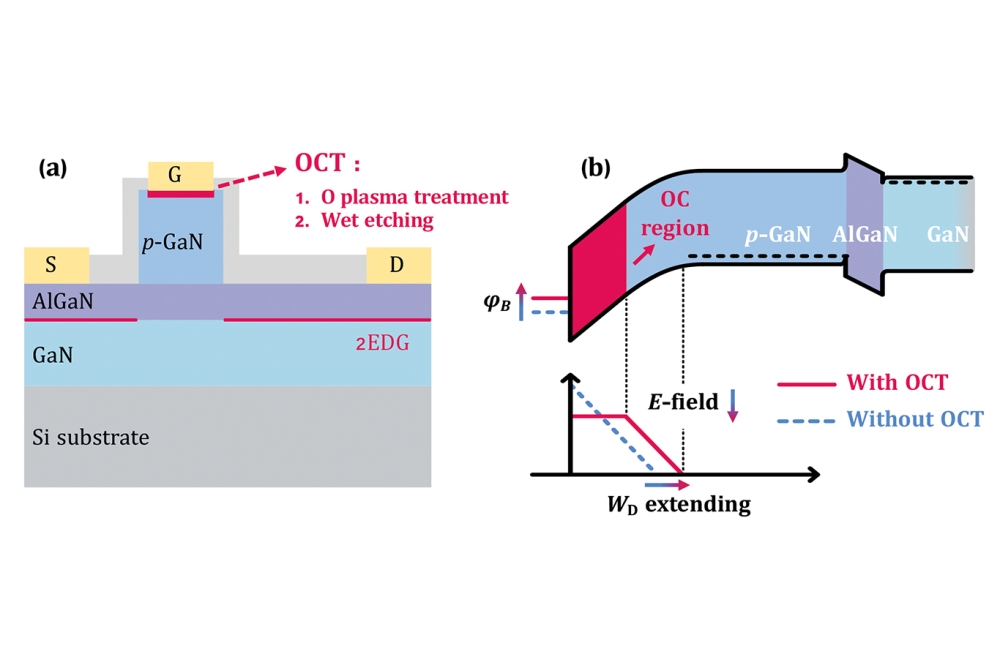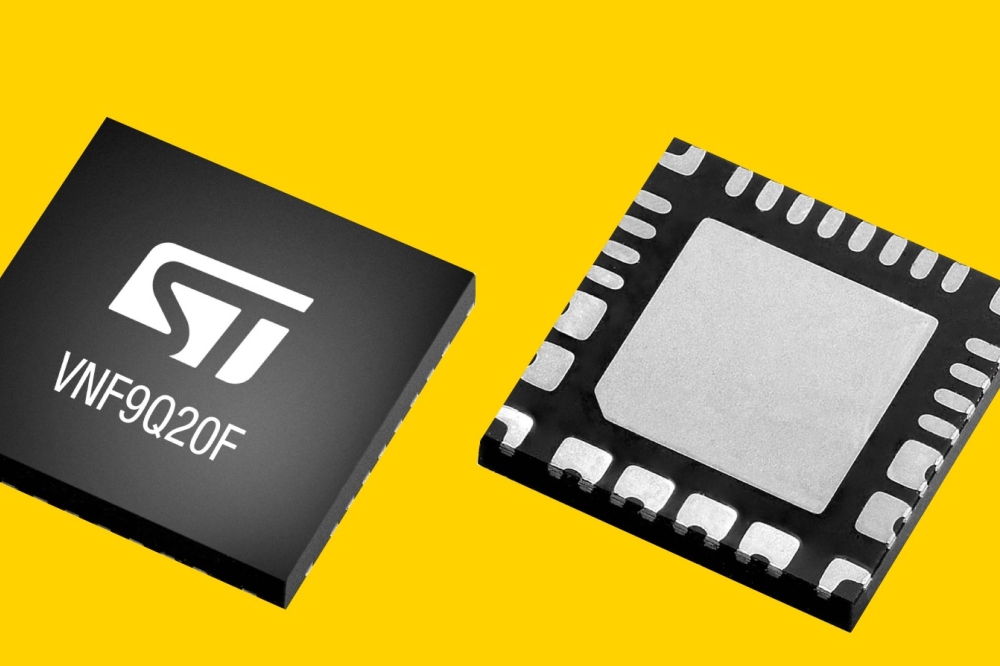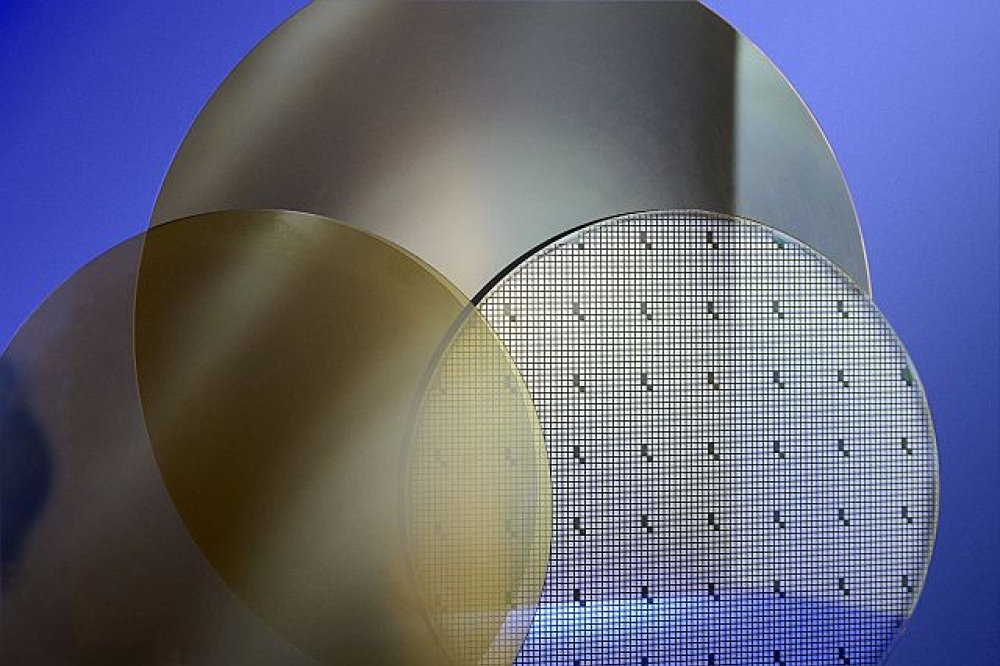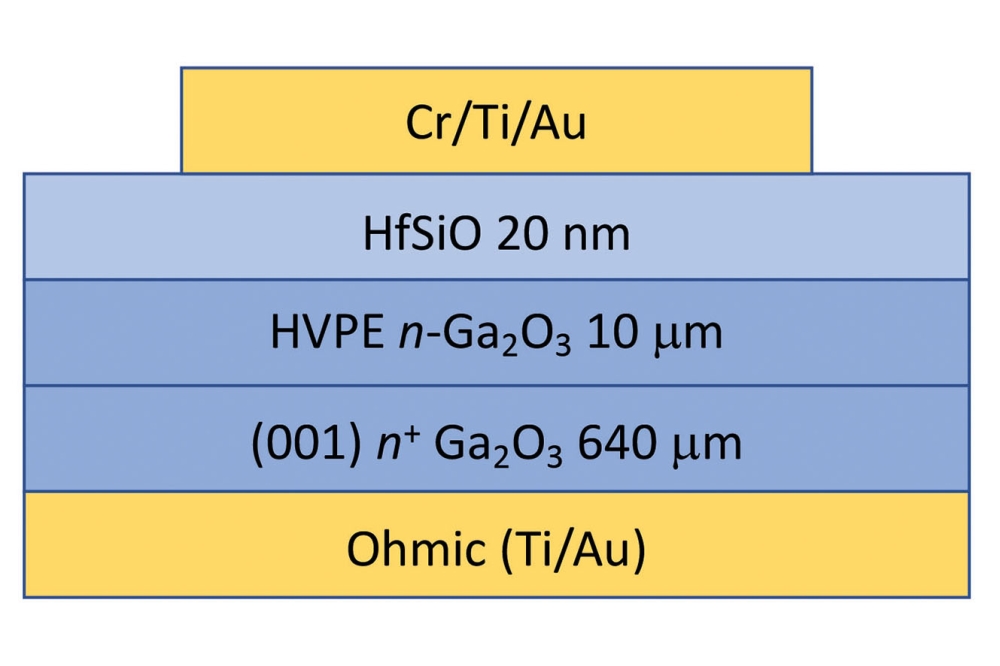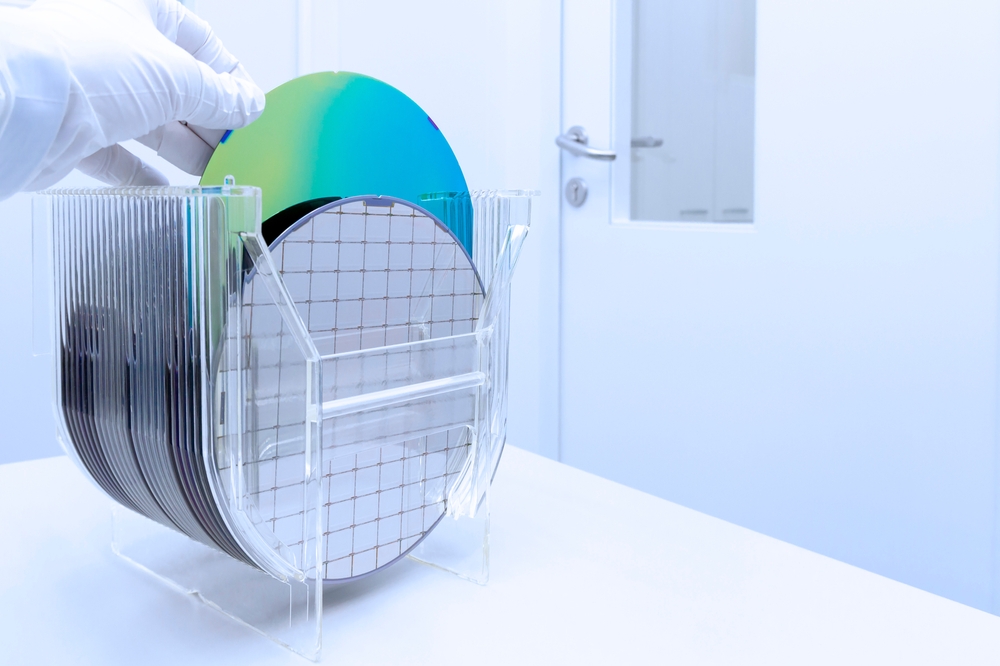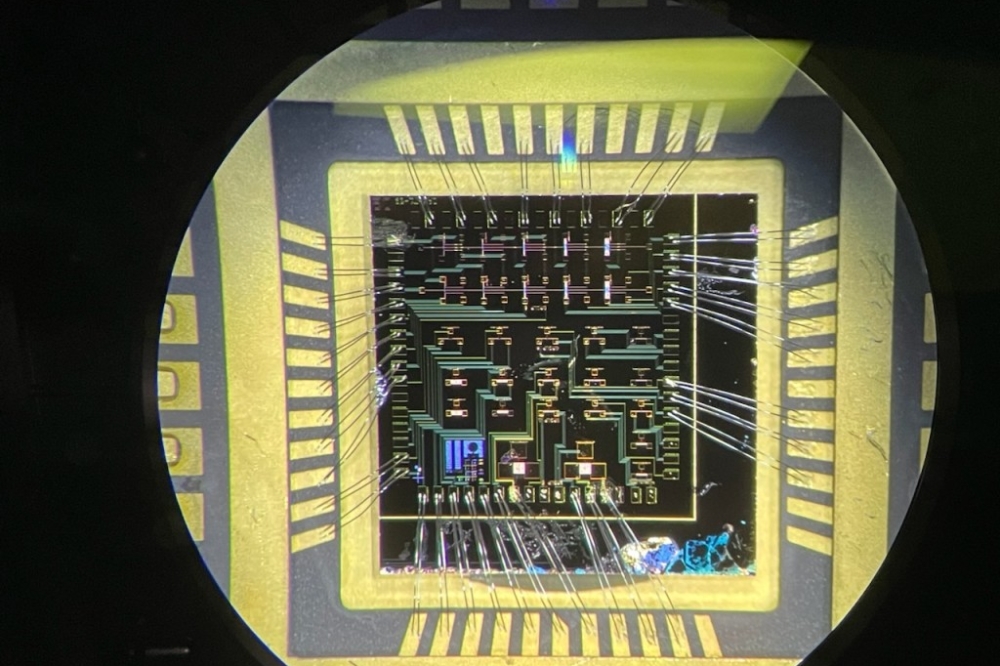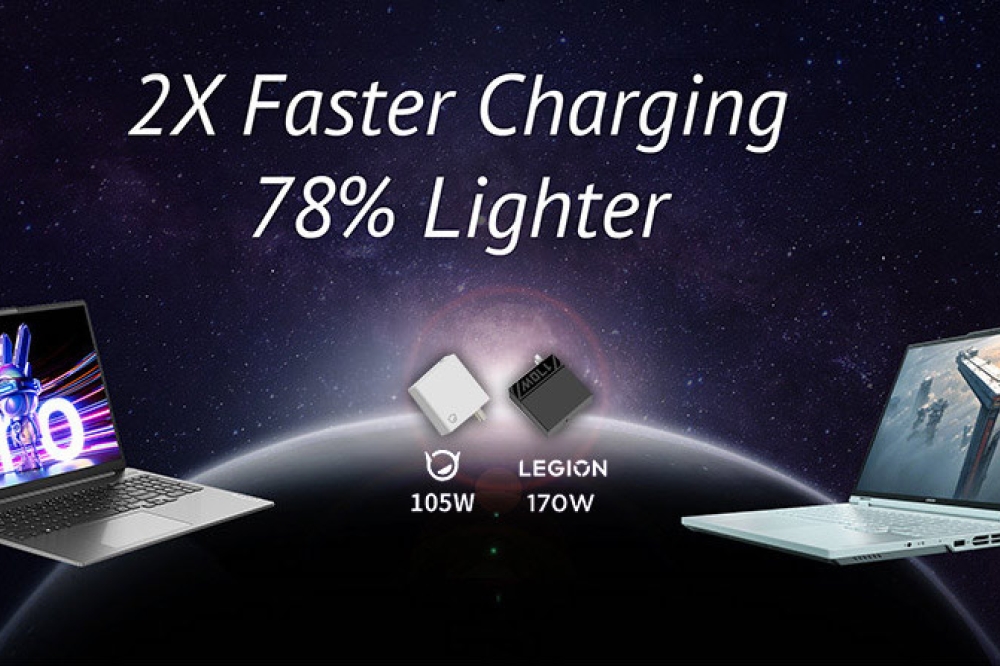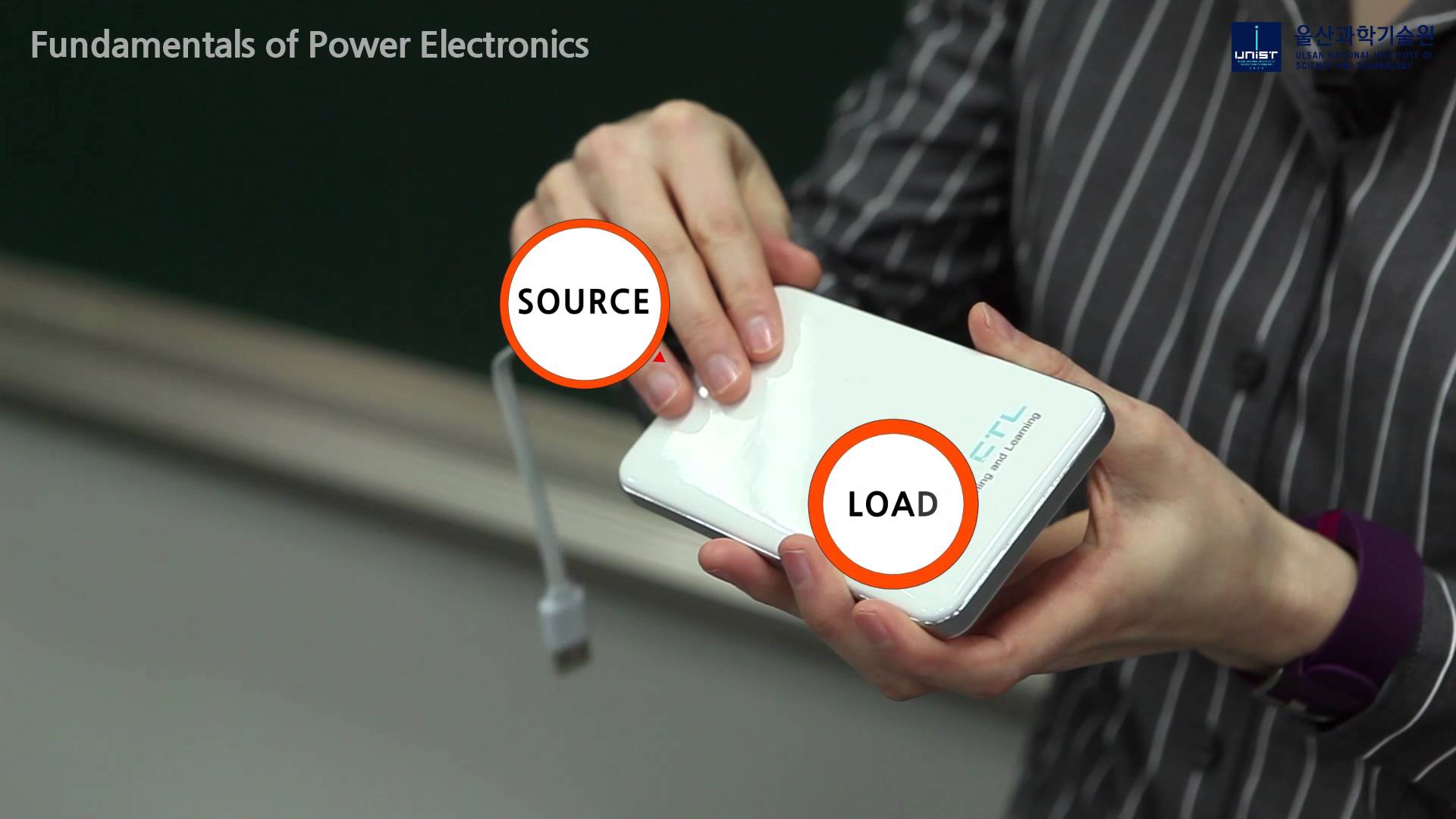SiC gate driver maximises EV range
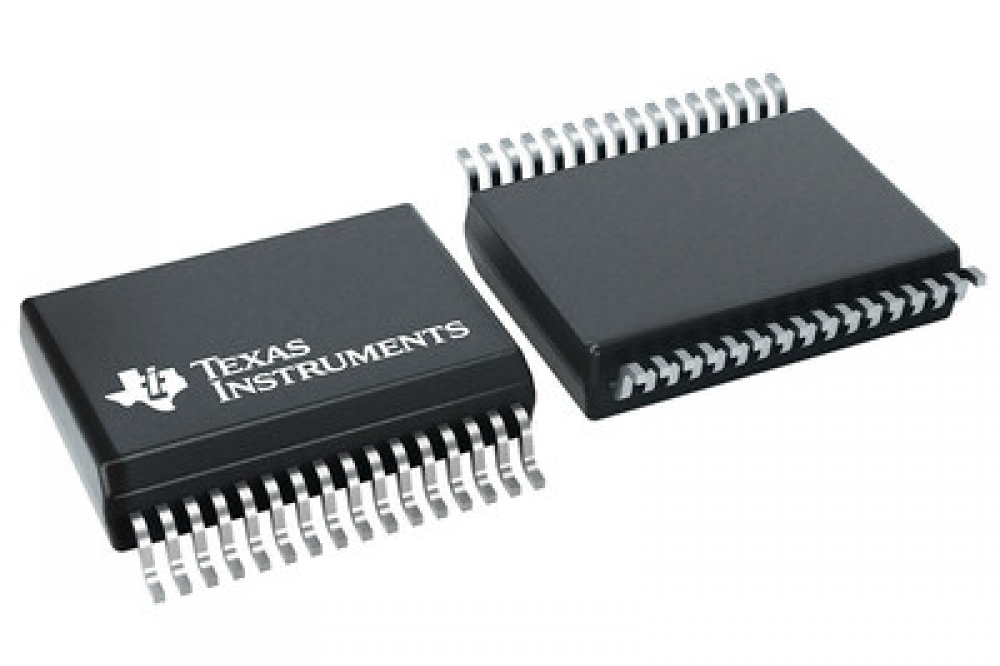
TI says new driver chip can improve vehicle range as much as 1,000 miles per year
Texas Instruments (TI) has released a highly integrated isolated gate driver that enables engineers to design more efficient traction inverters and maximise electric vehicle (EV) driving range.
TI says that carmakers can build safer, more efficient and more reliable SiC and IGBT-based traction inverters by designing with the UCC5880-Q1, featuring real-time variable gate-drive strength, Serial Peripheral Interface (SPI), advanced SiC monitoring and protection, and diagnostics for functional safety.
"Designers of high-voltage applications like traction inverters face a unique set of challenges to optimise system efficiency and reliability in a small space," said Wenjia Liu, product line manager for high-power drivers at TI.
"Not only does this new isolated gate driver help enable engineers to maximise driving range, but it also integrates safety features to reduce external components and design complexity. And it can be easily paired with other high-voltage power-conversion products such as our UCC14141-Q1 isolated bias supply module to improve power density and help engineers reach the highest levels of traction inverter performance."
The need for higher reliability and power performance for EVs is growing, as efficiency gains have a direct impact on operating range improvement per charge. But achieving any increase in efficiency is difficult for designers, given that the majority of traction inverters already operate at 90 percent efficiency or higher.
By varying the gate-drive strength in real time, in steps between 20 A and 5 A, designers can improve system efficiency with the UCC5880-Q1 gate driver as much as 2 percent by minimising SiC switching power losses, resulting in up to 7 more miles of EV driving range per battery charge. For an EV user who charges their vehicle three times per week, that could mean more than 1,000 additional miles per year.



